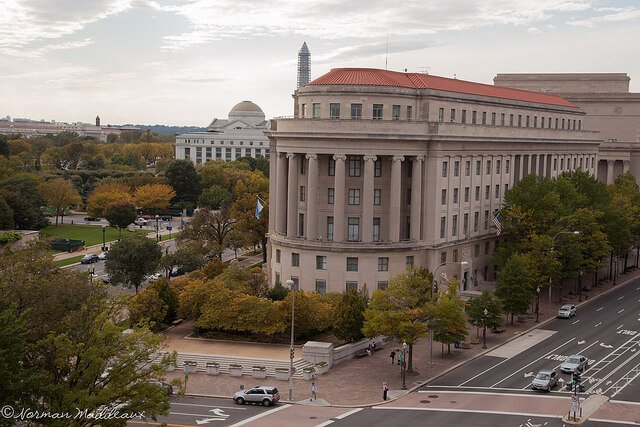Taking strong interest in blockchain, cryptocurrencies, and IoT, Tatsiana Yablonskaya got deep understanding of the emerging techs believing in their potential to drive the future.
It took the Federal Trade Commission (FTC) more than a year to settle with bitcoin miner manufacturer Butterfly Labs (BFL). According to the new agreement that will be formally certified by the federal judge overseeing the case, BFL will have to pay more than $38.6 million. The trial in Kansas City is scheduled for next month.
As a reminder, in September 2014 the FTC has closed Kansas-based Butterfly Labs on a charge of public misrepresentation and fraud. The US District Court for the Western District of Missouri permitted the Commission to freeze the firm’s assets and close its pending trial. Over the next several months FTC informed about multiple cases of customers’ complaints of refund payments and delaying shipments.
Jessica Rich, Director of the FTC Bureau of Consumer Protection, assured customers that they were working on loss compensations: “We often see that when a new and little-understood opportunity like bitcoin presents itself, scammers will find ways to capitalize on the public’s excitement and interest. We’re pleased the court granted our request to halt this operation, and we look forward to putting the company’s ill-gotten gains back in the hands of consumers.”
According to the FTC, Butterfly Labs has delayed or failed to supply services and products, ranging from $149 chips to $29,899 machines, that that had been already paid for. Over 20,000 customers had received nothing by September 2013. The company used to refer to manufacturing difficulties to explain the delays. Moreover, three company members – Nasser Ghoseiri, Sonny Vleisides and Jody Drake – were accused of spending millions of dollars of Butterfly Labs’s revenues on their own needs.
Thus, one corporate defendant and three individual defendants have taken in over $50 million by operating a simple scheme – consumers prepaid for mining machines and defendants either never delivered these machines or delivered them so late that they became obsolete.
Now, after almost a year and a half of investigations, BFL and FTC have reached an agreement, according to which the sum of compensation makes up more than $38.6 million. However, the agreement stipulates that the sum will be suspended as soon as the company pays a largely symbolic $15,000 and co-founder Sonny Vleisides pays $4,000.
Jody Drake, the BFL’s general manager, was charged for $135,878 but FTC informs that she will “be suspended once she surrenders the cash value of all Bitcoins she obtained using company machines. The judgments were suspended based on the defendant’s’ inability to pay but will become due should the defendants be found to have misrepresented their financial condition.”
“Even in the fast-moving world of virtual currencies like Bitcoin, companies can’t deceive people about their products. These settlements will prevent the defendants from misleading consumers” – says Jessica Rich.





